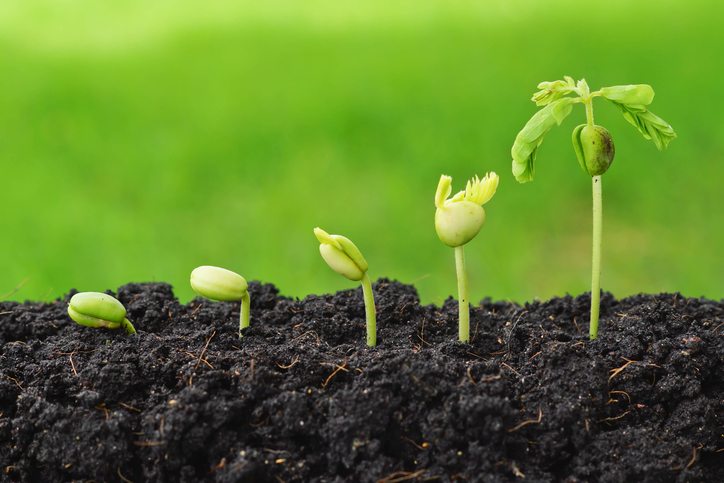While plants lack a specific immune system like animals, they possess remarkable abilities to defend themselves against threats. Understanding these mechanisms opens doors to developing biofertilizers and agricultural practices that enhance plant resilience.
Key Plant Defense Mechanisms:
- Physical Barriers: Waxy cuticles, cell walls, and trichomes act as the first line of defense, hindering pathogen entry.
- Chemical Defenses: Plants produce diverse bioactive compounds that deter or poison invaders.
- Communication and Signaling: Plants release signals upon attack, alerting neighboring cells and attracting beneficial organisms.
- Induced Resistance: Past encounters with threats can “prime” plants for stronger responses to future attacks.
How Fertilizers Can Support Plant Defense:
- Balanced Nutrition: Providing essential nutrients like nitrogen, phosphorus, and potassium strengthens cell walls and promotes overall plant health, enhancing their natural defense capabilities.
- Microbial Diversity: Encouraging beneficial soil microbes can suppress harmful pathogens and stimulate plant immune responses.
- Seaweed Extracts: Specific seaweed compounds can trigger induced resistance, preparing plants for potential threats.
The Future of Plant Defense in Agriculture:
Research on plant immunity is rapidly evolving, leading to innovative fertilizer solutions:
- Biofertilizers containing beneficial microbes or immune-stimulating compounds.
- Precision agriculture techniques tailor fertilizer application based on specific plant needs and threats.
Remember: While fertilizers can support plant defense, they are just one facet of a holistic approach. Integrated pest management practices, crop rotation, and healthy soil management are all crucial for building resilient crops.



